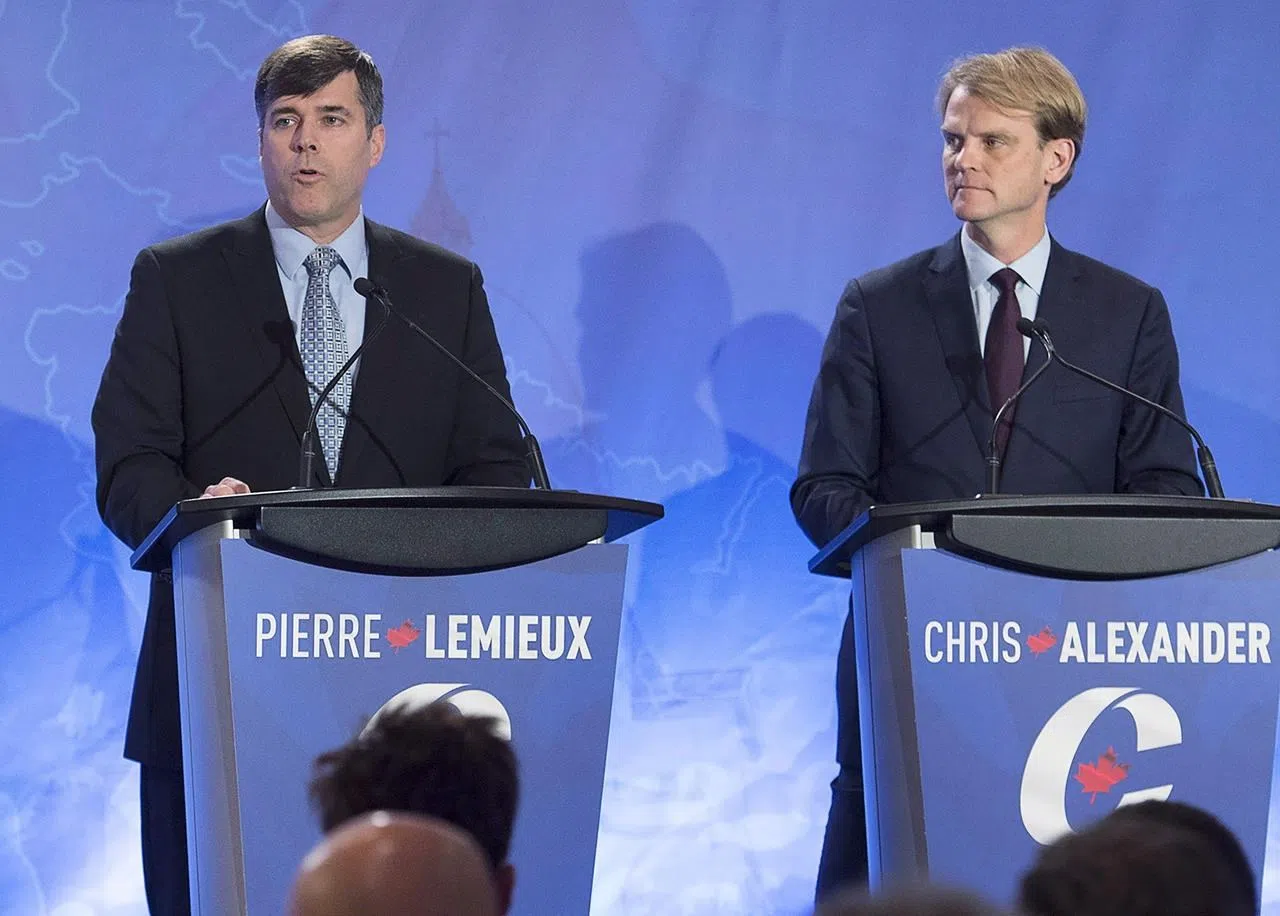
Issue of sex-selective abortion makes appearance in Tory leadership race
OTTAWA — A pair of Conservative leadership hopefuls say it’s time for Canada to have a free and open debate about sex-selective abortion — a position that’s raising concerns about the revival of old party divisions.
Pierre Lemieux, a former Ontario Tory MP, promised Sunday that under his leadership the Conservative platform will include a pledge to take action against sex-selective abortion. As prime minister, he vowed he would work to eliminate the practice.
“I believe it is wrong to end a pregnancy based solely on the belief that a baby girl is worth less than a baby boy,” Lemieux, one of the lower-profile hopefuls in the 14-candidate race, said in a new campaign video.
“As a father of four daughters, this issue is particularly close to my heart and I stand with those Canadians who have serious concerns about gender-selective abortion…


